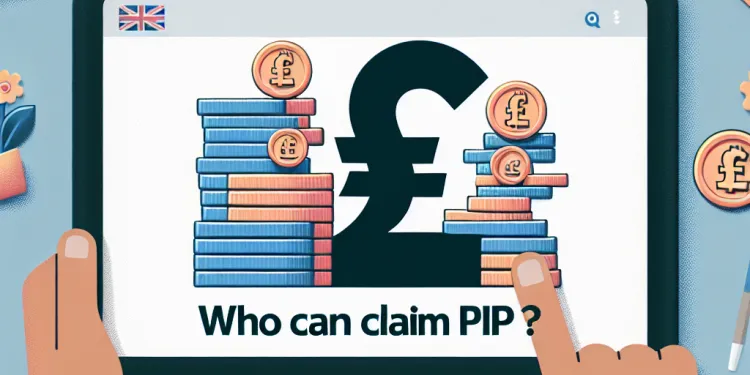
Find Help
More Items From Ergsy search
-
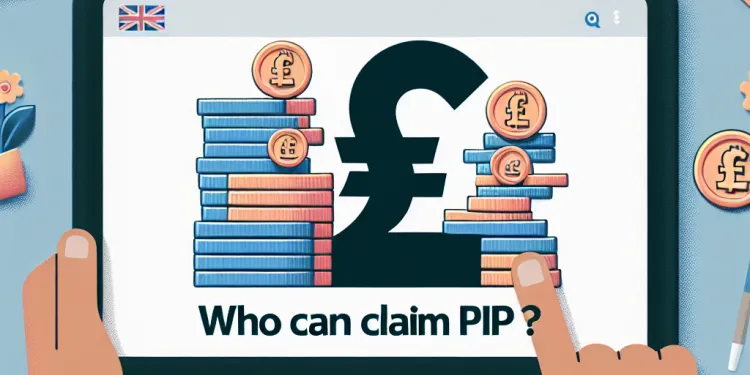
Who can claim PIP?
Relevance: 100%
-

Who can claim PIP?
Relevance: 99%
-

What is Personal Independence Payment (PIP)?
Relevance: 72%
-
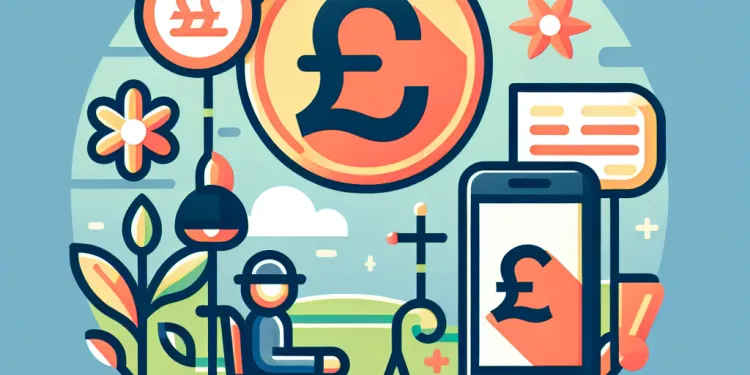
What is Personal Independence Payment (PIP) & Attendance Allowance?
Relevance: 69%
-
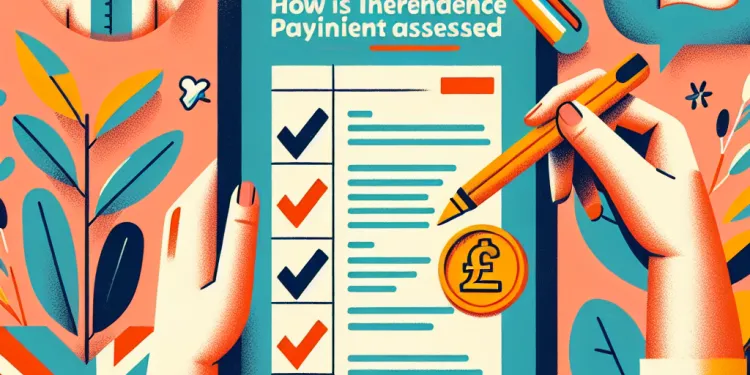
How is PIP assessed?
Relevance: 69%
-
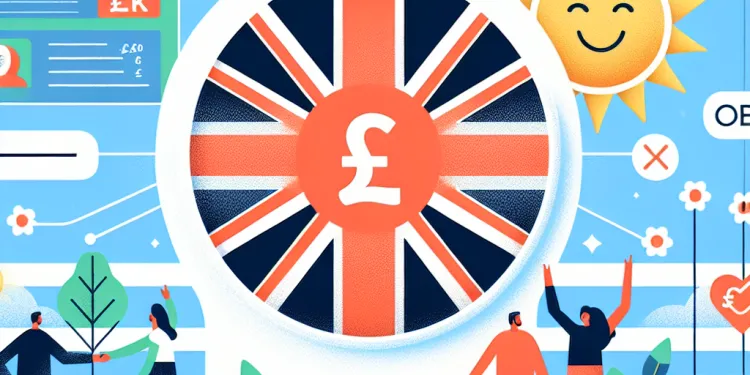
What is Personal Independence Payment (PIP)?
Relevance: 68%
-

Is there a minimum claim amount?
Relevance: 39%
-
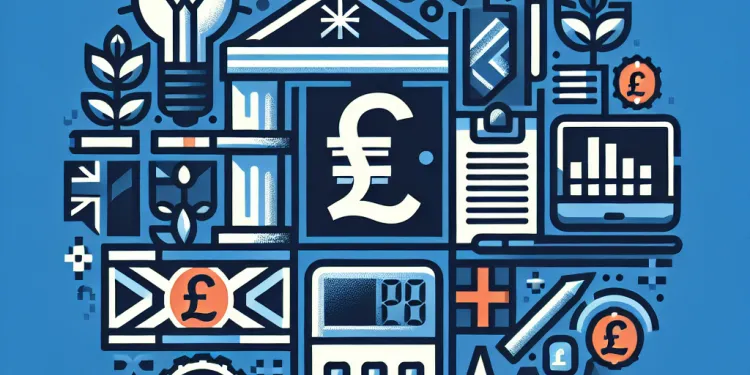
Is there a deadline for making a claim?
Relevance: 39%
-
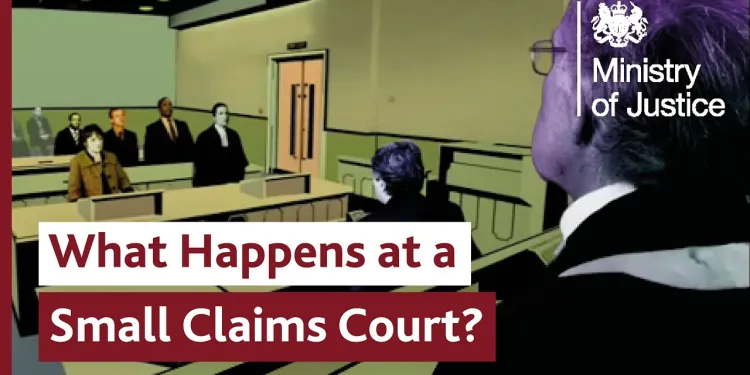
What Happens at Small Claims Court? Making a Court Claim for Money
Relevance: 38%
-

An introduction to claiming asylum in the UK
Relevance: 38%
-
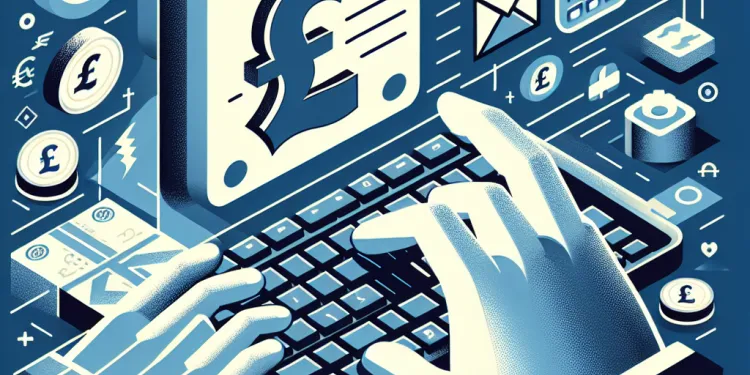
Can I make a claim online?
Relevance: 37%
-

What should I do if my claim is rejected?
Relevance: 37%
-

Who should I contact to initiate my claim?
Relevance: 36%
-
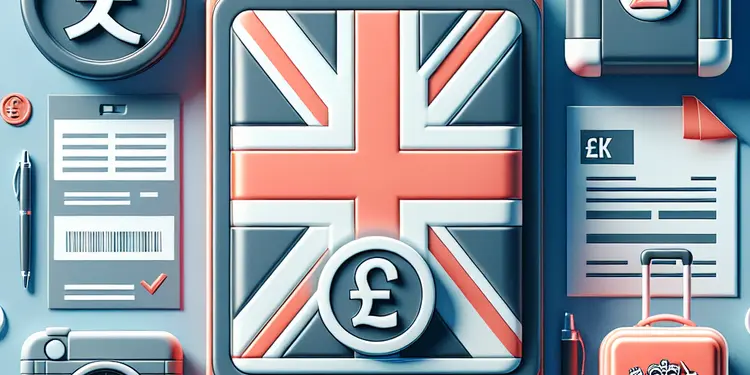
How do I file a claim with travel insurance?
Relevance: 36%
-
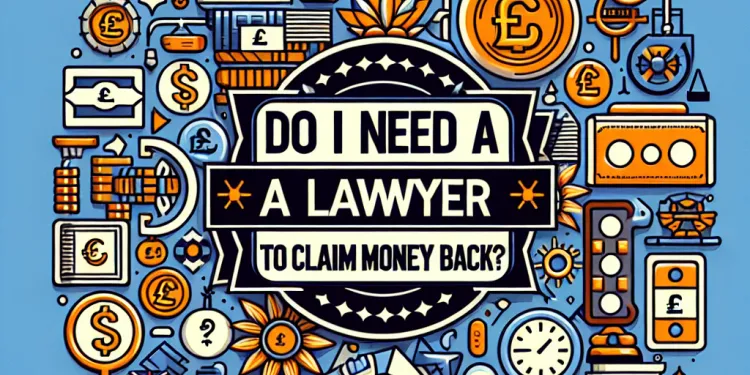
Do I need a lawyer to claim money back?
Relevance: 36%
-
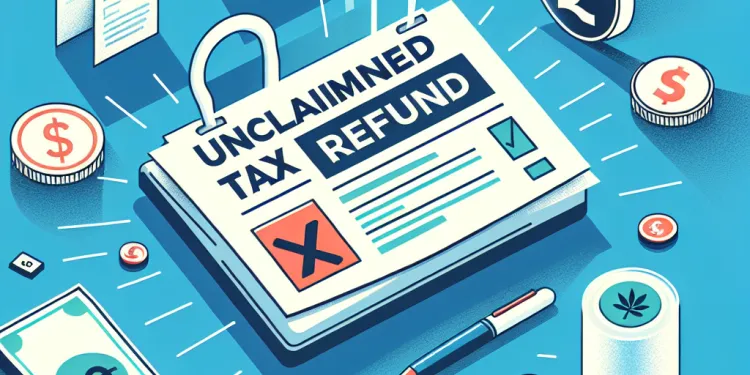
What happens if I do not claim my tax refund?
Relevance: 35%
-

What evidence do I need to support my claim?
Relevance: 35%
-
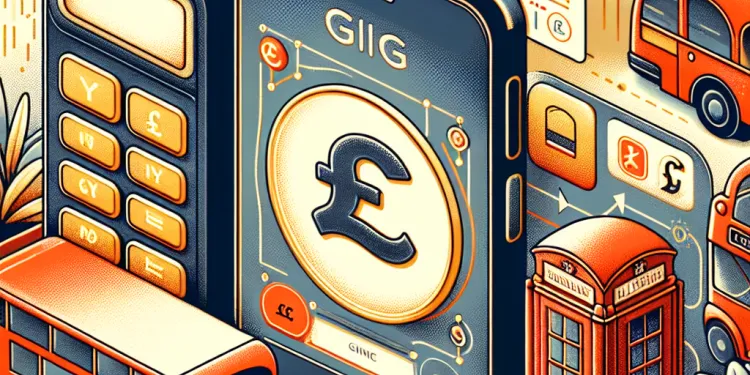
Can I claim expenses as a gig worker?
Relevance: 35%
-
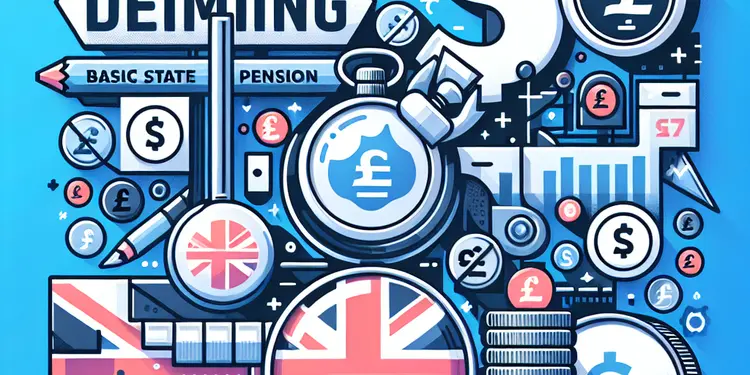
How do I claim the basic State Pension?
Relevance: 35%
-

What is the role of a water regulator in my claim?
Relevance: 35%
-
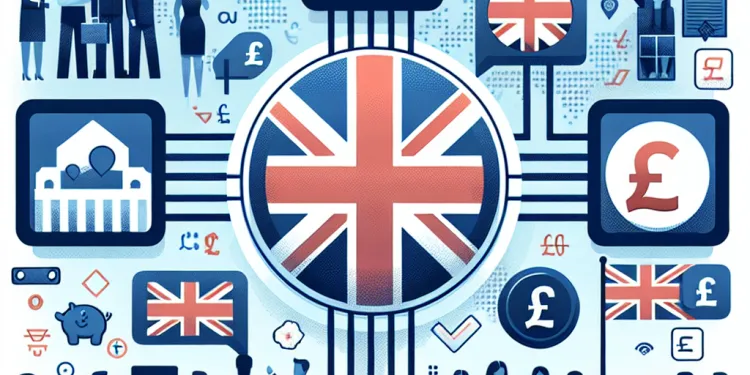
Can I make a joint claim with other users?
Relevance: 35%
-

Are there any fees to claim money back?
Relevance: 35%
-

Is there a deadline to claim the Winter Fuel Payment?
Relevance: 34%
-
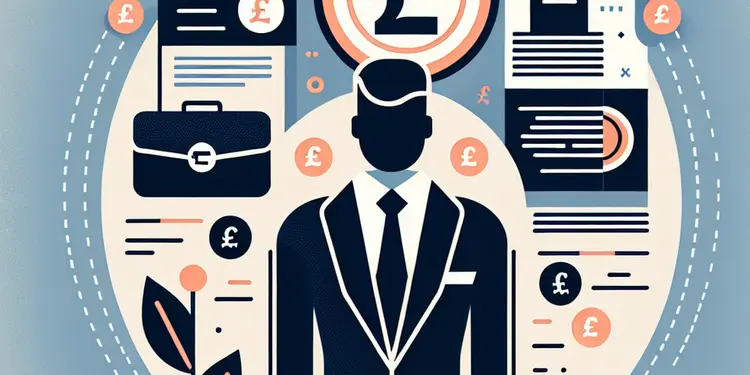
What are the elements of a professional negligence claim?
Relevance: 34%
-
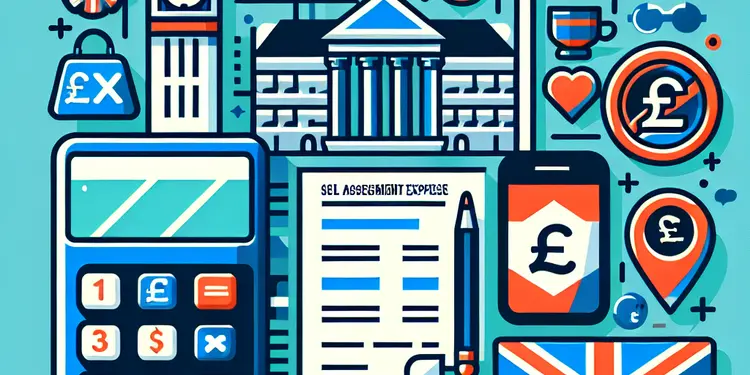
What expenses can I claim on my Self Assessment?
Relevance: 34%
-

What should I do if my holiday insurance claim is denied?
Relevance: 34%
-
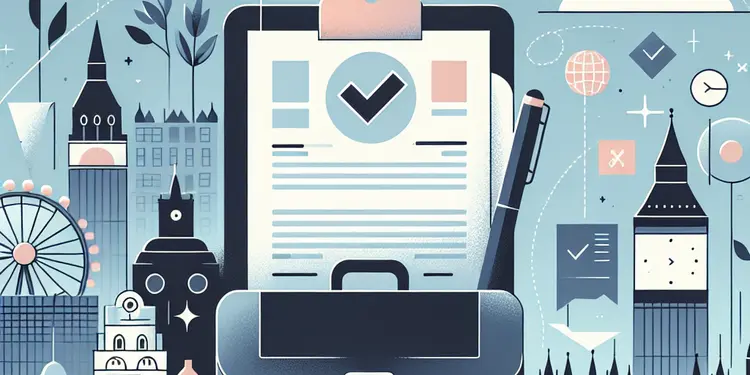
Are professionals insured against negligence claims?
Relevance: 34%
-

What information do I need to provide to claim my refund?
Relevance: 33%
-

How can professionals avoid negligence claims?
Relevance: 33%
-
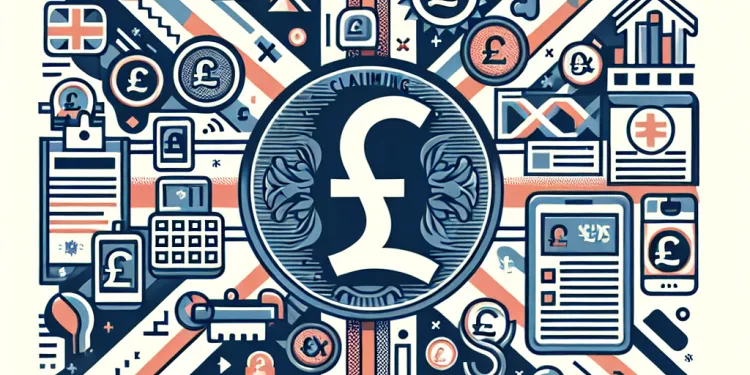
How do I claim my tax refund from HMRC?
Relevance: 33%
-

Can I claim compensation if I was mis-sold car finance?
Relevance: 33%
-
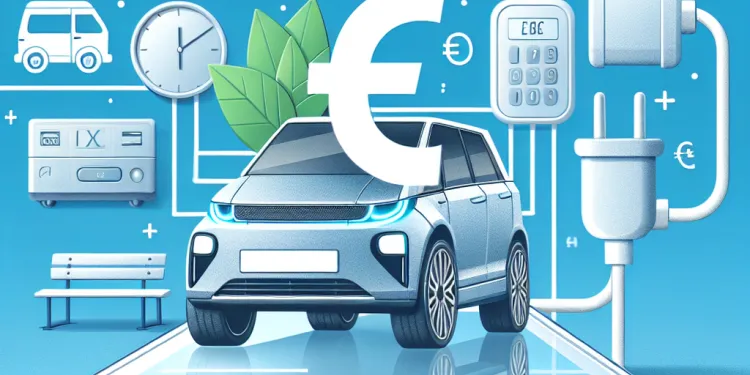
Can businesses claim the EV grant?
Relevance: 33%
-
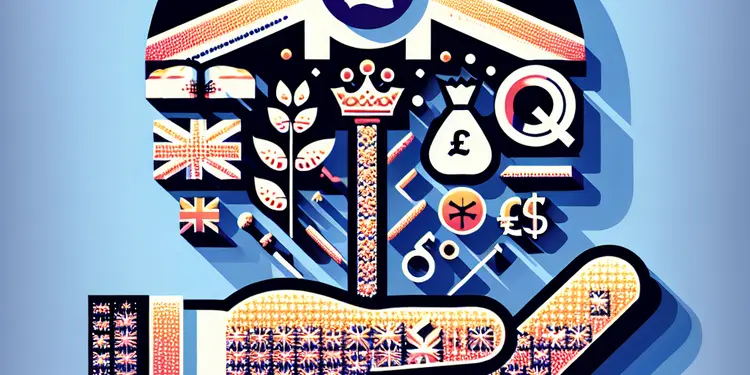
Can Inheritance Tax be claimed back?
Relevance: 33%
-
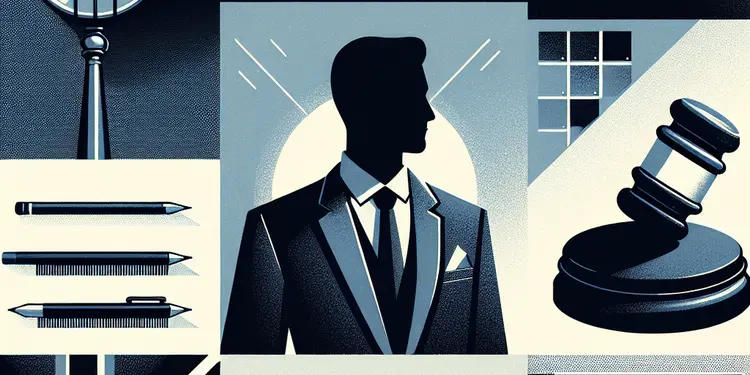
What is the impact of a professional negligence claim on a professional's career?
Relevance: 33%
-
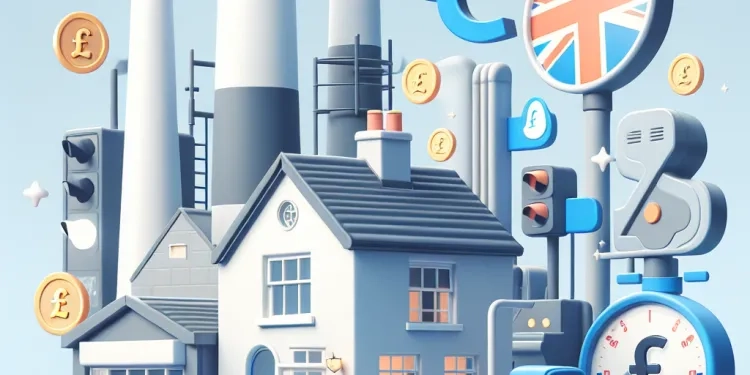
Does Ofgem handle compensation claims directly?
Relevance: 33%
-
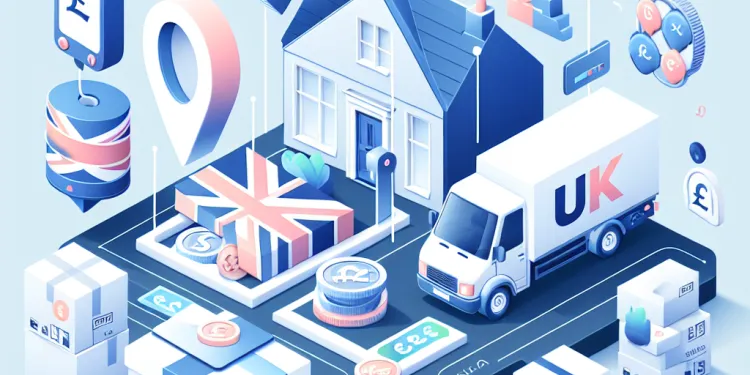
What if I have moved house since the claim period?
Relevance: 33%
-
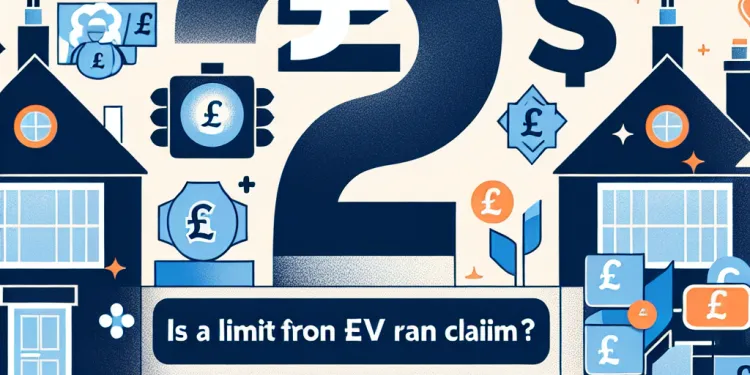
Is there a limit to how many EV grants I can claim?
Relevance: 33%
-
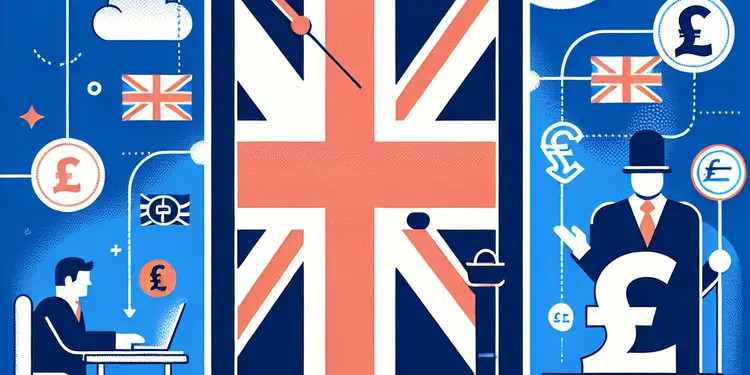
Can a professional negligence claim be filed against a company?
Relevance: 32%
-

How long do I have to file a professional negligence claim?
Relevance: 32%
-

How do I claim Ofgem compensation from Octopus Energy?
Relevance: 32%
Introduction to Personal Independence Payment (PIP)
Personal Independence Payment (PIP) is a benefit provided by the UK government to help individuals with the extra costs associated with long-term health conditions or disabilities. It is designed to support those who face difficulties with everyday tasks and mobility. Understanding who can claim PIP is essential for potential applicants to determine their eligibility and access the support they need.
Eligibility Criteria
To be eligible for PIP, applicants must meet certain criteria. These include age, residency, and health condition requirements. Generally, individuals must be aged 16 or over and have not reached State Pension age. They must also be living in England, Scotland, or Wales.
Additionally, applicants should have a health condition or disability where they expect difficulties with daily living or mobility to last for at least 12 months. The evaluation focuses on the impact of the condition, not the condition itself. Applicants must also have been dealing with these issues for at least 3 months before applying for PIP.
Daily Living and Mobility Components
PIP consists of two components: daily living and mobility. The daily living component is for individuals who need help with everyday tasks such as eating, dressing, or managing medication. The mobility component is for those who require assistance moving around, either within their home or in the wider community.
Each component has two rates: standard and enhanced. The rate awarded depends on the severity of the difficulties faced by the applicant. An assessment is carried out to determine eligibility and the appropriate rate, often involving medical input and supporting documentation.
Assessment Process
The PIP assessment process involves filling out a form to provide details about how the applicant's condition affects them. A face-to-face consultation with a health professional may also be required to evaluate the claim further. The information gathered during this assessment helps decide the applicant's eligibility for PIP and the level of support they will receive.
Claiming PIP and Decision
To claim PIP, individuals need to contact the Department for Work and Pensions (DWP) to begin the application process. Applicants should provide detailed information about their health condition and how it affects their daily life and mobility. Evidence such as medical reports or statements from carers can support the claim.
After the assessment, the DWP will make a decision on the claim. If successful, the applicant will receive PIP payments, which are usually made every four weeks. If a claim is rejected, there is an option to appeal the decision through a process called mandatory reconsideration.
Conclusion
Personal Independence Payment is a valuable resource for individuals in the UK facing challenges associated with long-term health conditions or disabilities. By understanding the qualifying criteria and application process, eligible individuals can access the support they need to improve their quality of life.
What is Personal Independence Payment (PIP)?
Personal Independence Payment, or PIP, is money from the UK government. It helps people with extra costs because of long-term health problems or disabilities. PIP is there to help people who find everyday tasks and moving around difficult. It is important to know who can get PIP, so you can find out if you are able to get this support.
Who Can Get PIP?
You must meet some rules to get PIP. These rules include your age, where you live, and your health. Usually, you need to be 16 or older and not have reached State Pension age. You should live in England, Scotland, or Wales.
You need to have a health problem or disability that makes it hard to do daily things or move around for at least 12 months. It is about how your condition affects you, not just the condition itself. You should have had these problems for at least 3 months before you try to get PIP.
What Does PIP Cover?
PIP has two parts: daily living and mobility. The daily living part is for help with things like eating, dressing, or taking medicine. The mobility part is for help with getting around, whether at home or outside.
Each part has two levels: standard and enhanced. The level you get depends on how much help you need. To work this out, they will look at how your condition affects you, with the help of medical info and other papers.
How Do They Decide If You Can Get PIP?
To see if you can get PIP, you need to fill out a form that says how your condition affects you. You might also need to meet with a health professional to talk about your claim. This process helps decide if you can get PIP and how much support you will get.
How to Apply for PIP
If you want to apply for PIP, you need to contact the Department for Work and Pensions (DWP). They will start your application. You should tell them all about your health condition and how it affects your daily life and moving around. It helps to have medical reports or letters from carers.
After talking to you and looking at your form, the DWP will decide if you can get PIP. If you are successful, you will get payments every four weeks. If you do not get PIP at first, you can ask them to look at their decision again. This is called mandatory reconsideration.
Final Thoughts
PIP is important for people in the UK with long-term health problems or disabilities. By knowing the rules and how to apply, you can get the help you need to make your life better.
Frequently Asked Questions
What is PIP?
PIP stands for Personal Independence Payment, a UK benefit for people with long-term health conditions or disabilities.
Who can claim PIP?
Individuals aged 16 or over who have difficulty with personal care or mobility due to a long-term health condition or disability can claim PIP.
Is there an age limit for claiming PIP?
Yes, to claim PIP, you must be under the State Pension age when you apply, but you can continue to receive it after this age if you qualified before reaching it.
Can children claim PIP?
No, PIP is for individuals aged 16 and over. However, children under 16 might qualify for Disability Living Allowance (DLA).
Do I need a diagnosis to claim PIP?
No, a diagnosis is not required to claim PIP, but your condition must affect your daily living or mobility activities.
Can people with mental health issues claim PIP?
Yes, individuals with mental health issues can claim PIP if their condition impacts their daily living or mobility.
How is PIP awarded?
PIP is awarded based on how a condition affects your life, not the condition itself, assessed through daily living and mobility scores.
Do I need to be working to claim PIP?
No, your employment status does not affect your eligibility for PIP.
Is PIP means-tested?
No, PIP is not means-tested, meaning income or savings do not affect eligibility.
Can non-UK residents claim PIP?
Typically, claimants must be living in or recently returned from the EEA or Switzerland and have lived in England, Scotland, or Wales for at least two out of the last three years.
Can I receive PIP if I already get other disability benefits?
Yes, you can receive PIP alongside other disability benefits, but it may affect certain payments like Universal Credit.
How long must I have had my condition to claim PIP?
You must have had difficulties due to your condition for at least 3 months and expect them to last for at least 9 more months.
Are there different components of PIP?
Yes, PIP has two components: daily living and mobility. Each has two rates, standard and enhanced, depending on your needs.
Can homeless people claim PIP?
Yes, being homeless does not preclude someone from claiming PIP as long as they meet the other eligibility criteria.
Can students claim PIP?
Yes, students can claim PIP as it is not related to employment or education status.
Can former military personnel claim PIP?
Yes, former military personnel can claim PIP if they meet the eligibility criteria related to personal care or mobility difficulties.
What should I do if my PIP claim is denied?
If your PIP claim is denied, you can ask for a mandatory reconsideration, where the decision will be reviewed.
Can someone help me apply for PIP?
Yes, a friend, relative, or organization can help you with your PIP application. Authorization can be given for someone to act on your behalf.
Is there a waiting period for receiving PIP?
Yes, there is normally a processing period from the application to the decision, taking a few weeks to a few months.
Do I need to attend an assessment for PIP?
Most applicants need to attend a face-to-face or telephone assessment as part of the PIP claim process, unless paper-based assessment is possible.
What is PIP?
PIP stands for Personal Independence Payment. It's money from the government to help people who need extra support because they are sick or have a disability. If you think you need this money, you can apply for it.
To learn more or get help with applying, you can ask someone you trust, like a family member or a friend. You can also talk to a support worker or use a helpline for advice.
PIP means Personal Independence Payment. It is money from the UK government to help people who have health problems or disabilities for a long time.
Who Can Get PIP Money?
PIP is short for Personal Independence Payment. It is money to help people.
You might get PIP if:
- You are 16 or older.
- You have a long-term health problem or disability.
- Your condition makes it hard to do daily tasks or move around.
Things that can help:
- Ask someone to help you fill out forms.
- Use pictures or videos to understand more.
- Speak to a helper or advisor if you have questions.
If you are 16 or older and have trouble taking care of yourself or moving around because of a health problem or disability that lasts a long time, you can ask for something called PIP.
Can anyone of any age get PIP?
Yes, you can get PIP if you are not old enough to get a State Pension when you apply. If you start getting PIP before you are old enough for a State Pension, you can keep getting it after.
Can kids get PIP?
PIP stands for Personal Independence Payment. Kids cannot get PIP. Only grown-ups over 16 years old can get it. If kids need help, there are other ways for them to get support.
Parents or carers can talk to a doctor or a teacher to find the best support for their kids.
No, PIP is for people who are 16 years old and older. But children under 16 can get something called Disability Living Allowance (DLA).
Do You Need a Doctor's Note to Get PIP?
You can get PIP (a type of money help) even if you do not have a doctor’s note or diagnosis.
If you have trouble doing everyday things, you might get PIP.
Remember to tell the people at PIP all about your difficulties.
For help, you can ask someone to go with you to appointments or write things down for you.
You do not need a diagnosis to get PIP. But your health problem must make it hard for you to do everyday tasks or move around.
Can people with mental health problems get PIP?
Yes, people who have mental health problems can get help called PIP. PIP stands for Personal Independence Payment. It gives extra money to help with everyday life.
If you have trouble because of your mental health, you can ask for PIP. You need to show how your mental health makes daily life hard for you.
You can ask someone to help you fill out the forms. It's okay to ask a friend, family member, or support worker for help.
To learn more, you can call the PIP helpline or visit the government website. You can also ask charities for advice and support.
Yes, people with mental health problems can ask for PIP if their condition makes it hard for them to do everyday things or get around.
How do you get PIP?
PIP is money you can get if your illness makes life hard. It doesn't matter what your illness is. What matters is how it affects your daily life and moving around. They check how you do daily things and how you get around.
Do I need a job to get PIP?
PIP means Personal Independence Payment. It's money to help people with extra needs.
You do not need a job to get PIP. You can get PIP even if you do not work.
If you want help, you can ask someone you trust. They can help you understand more.
Using pictures and simple words can make it easier to understand. There are apps and websites to help read and understand words.
No, having a job or not does not change if you can get PIP.
Does PIP depend on your income?
PIP stands for Personal Independence Payment. It is money to help people with extra needs because of a disability or long-term health problem.
PIP is not means-tested. This means it does not matter how much money you have or how much you earn. You can still get PIP.
You might find it helpful to talk to someone who can help explain PIP. You can also use tools like talking to a support worker or calling a helpline for more information.
No, PIP does not look at how much money you make or save. This means it does not matter how much money you have to get PIP.
Can people who don't live in the UK get PIP money?
To get help, people usually need to live in or just come back from some countries in Europe, like the EEA or Switzerland. They also need to have lived in England, Scotland, or Wales for at least 2 years in the last 3 years.
Can I get PIP if I have other disability benefits?
Yes, you can get PIP while getting other disability benefits. PIP means Personal Independence Payment. It helps people with extra costs because of a disability.
If you need help, you can:
- Ask someone to read forms or letters with you.
- Use a dictionary for hard words.
- Ask a friend or family member for help.
Yes, you can get PIP while you get other disability money, but it might change some payments like Universal Credit.
How long do I need to have my condition to get PIP?
You need to have had your condition for at least 3 months before you can ask for PIP. PIP means "Personal Independence Payment."
You also need to expect that your condition will last for at least 9 more months.
If you need help, you can:
- Ask a friend or family member to help you.
- Use a computer to find more information online.
- Call a helpline for advice.
You need to have problems because of your condition for at least 3 months, and it should continue for at least 9 more months.
What are the parts of PIP?
Yes, PIP has two parts: daily living and moving around. Each part has two levels: standard and enhanced. The level you get depends on what you need help with.
Can people without a home get PIP?
Yes, if someone does not have a home, they can still get PIP. They just need to meet the other rules for getting PIP.
Can students get PIP money?
Yes, students can get PIP. PIP is not about having a job or going to school.
Can people who were in the military get PIP money?
Yes, people who used to be in the military can get PIP. They must have trouble looking after themselves or moving around.
What should I do if my PIP claim is denied?
If they say no to your PIP money, don’t worry. You can ask them to look at it again. This is called a “mandatory reconsideration.”
Here’s what you can do:
- Check your letters: Read the letter they sent you. It tells you why they said no.
- Get help: Ask a friend, family member, or support worker to help you.
- Write back: Write a letter to them. Say why you think it was wrong to say no.
- Use tools: Use stickers or colours if that helps you remember things.
- Take your time: You have one month to write back. Don’t rush.
If your PIP claim is turned down, you can ask them to look at it again. This is called a mandatory reconsideration.
Who can help me apply for PIP?
Do you need help to apply for PIP money? Here is what you can do:
- Ask a family member or friend to help you.
- Visit a local advice center for support.
- Use simple online guides to understand the steps.
- Call a helpline for people with disabilities for more help.
It's okay to ask for help. Many people need it.
Yes, a friend, family member, or someone from an organization can help you fill out your PIP form. You can give them permission to do this for you.
Do you have to wait to get PIP money?
Yes, you have to wait after you apply. This can take a few weeks or a few months.
Do I have to go to a meeting for PIP?
PIP stands for Personal Independence Payment. It helps people who need extra support.
You might need to go to a meeting to talk about your needs. This is called an assessment.
Here are some things to help you:
- Bring a friend or family member for support.
- Write down what you want to say before the meeting.
- Take your time to answer questions.
Most people who apply need to have a meeting in person or talk on the phone. This is part of the PIP application process. Sometimes, they can review papers instead.
Useful Links
Have you found an error, or do you have a link or some information you would like to share? Please let us know using the form below.
-->
This website offers general information and is not a substitute for professional advice.
Always seek guidance from qualified professionals.
If you have any medical concerns or need urgent help, contact a healthcare professional or emergency services immediately.
Some of this content was generated with AI assistance. We’ve done our best to keep it accurate, helpful, and human-friendly.
- Ergsy carfully checks the information in the videos we provide here.
- Videos shown by Youtube after a video has completed, have NOT been reviewed by ERGSY.
- To view, click the arrow in centre of video.
- Most of the videos you find here will have subtitles and/or closed captions available.
- You may need to turn these on, and choose your preferred language.
- Go to the video you'd like to watch.
- If closed captions (CC) are available, settings will be visible on the bottom right of the video player.
- To turn on Captions, click settings .
- To turn off Captions, click settings again.
More Items From Ergsy search
-

Who can claim PIP?
Relevance: 100%
-

Who can claim PIP?
Relevance: 99%
-

What is Personal Independence Payment (PIP)?
Relevance: 72%
-

What is Personal Independence Payment (PIP) & Attendance Allowance?
Relevance: 69%
-

How is PIP assessed?
Relevance: 69%
-

What is Personal Independence Payment (PIP)?
Relevance: 68%
-

Is there a minimum claim amount?
Relevance: 39%
-

Is there a deadline for making a claim?
Relevance: 39%
-

What Happens at Small Claims Court? Making a Court Claim for Money
Relevance: 38%
-

An introduction to claiming asylum in the UK
Relevance: 38%
-

Can I make a claim online?
Relevance: 37%
-

What should I do if my claim is rejected?
Relevance: 37%
-

Who should I contact to initiate my claim?
Relevance: 36%
-

How do I file a claim with travel insurance?
Relevance: 36%
-

Do I need a lawyer to claim money back?
Relevance: 36%
-

What happens if I do not claim my tax refund?
Relevance: 35%
-

What evidence do I need to support my claim?
Relevance: 35%
-

Can I claim expenses as a gig worker?
Relevance: 35%
-

How do I claim the basic State Pension?
Relevance: 35%
-

What is the role of a water regulator in my claim?
Relevance: 35%
-

Can I make a joint claim with other users?
Relevance: 35%
-

Are there any fees to claim money back?
Relevance: 35%
-

Is there a deadline to claim the Winter Fuel Payment?
Relevance: 34%
-

What are the elements of a professional negligence claim?
Relevance: 34%
-

What expenses can I claim on my Self Assessment?
Relevance: 34%
-

What should I do if my holiday insurance claim is denied?
Relevance: 34%
-

Are professionals insured against negligence claims?
Relevance: 34%
-

What information do I need to provide to claim my refund?
Relevance: 33%
-

How can professionals avoid negligence claims?
Relevance: 33%
-

How do I claim my tax refund from HMRC?
Relevance: 33%
-

Can I claim compensation if I was mis-sold car finance?
Relevance: 33%
-

Can businesses claim the EV grant?
Relevance: 33%
-

Can Inheritance Tax be claimed back?
Relevance: 33%
-

What is the impact of a professional negligence claim on a professional's career?
Relevance: 33%
-

Does Ofgem handle compensation claims directly?
Relevance: 33%
-

What if I have moved house since the claim period?
Relevance: 33%
-

Is there a limit to how many EV grants I can claim?
Relevance: 33%
-

Can a professional negligence claim be filed against a company?
Relevance: 32%
-

How long do I have to file a professional negligence claim?
Relevance: 32%
-

How do I claim Ofgem compensation from Octopus Energy?
Relevance: 32%


